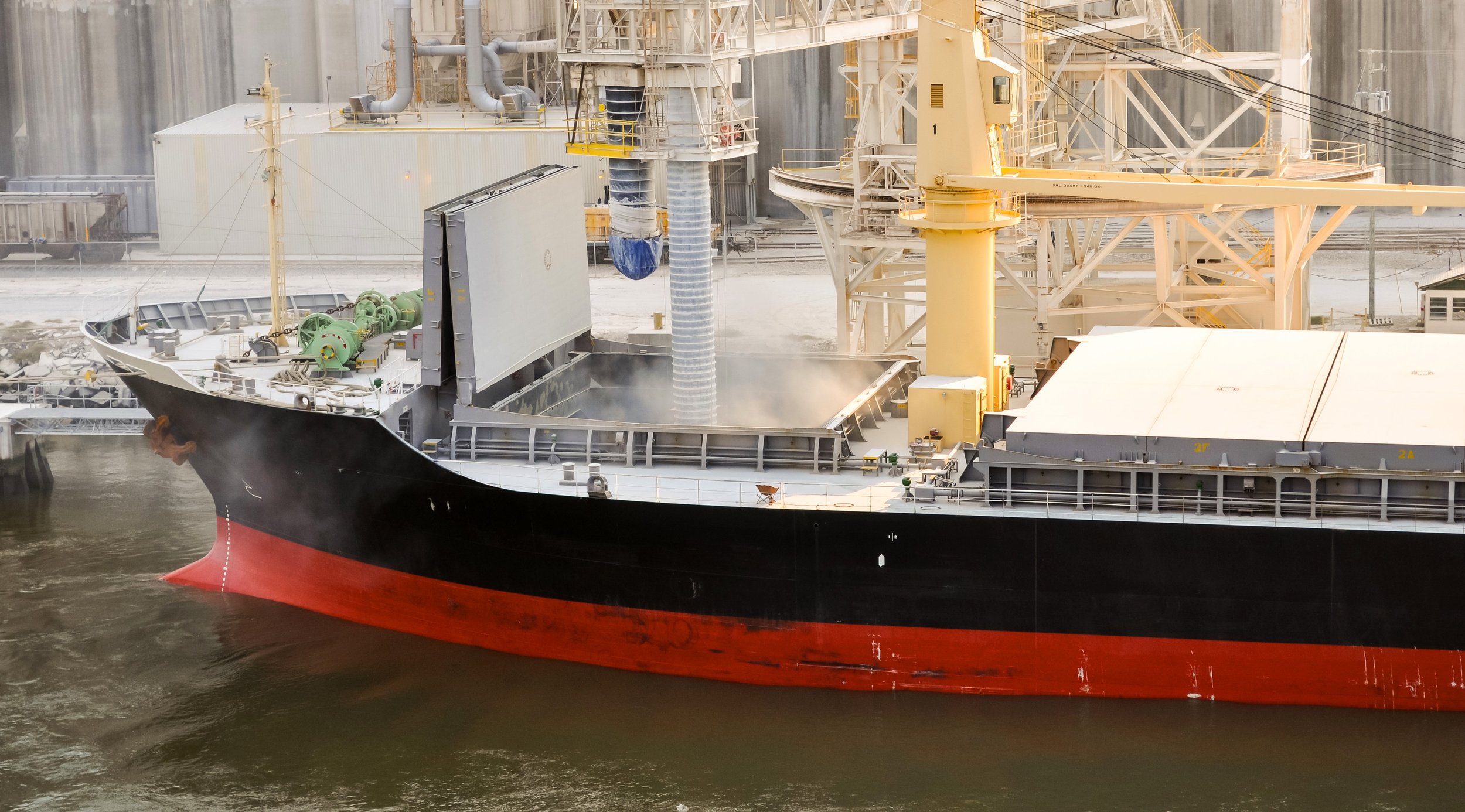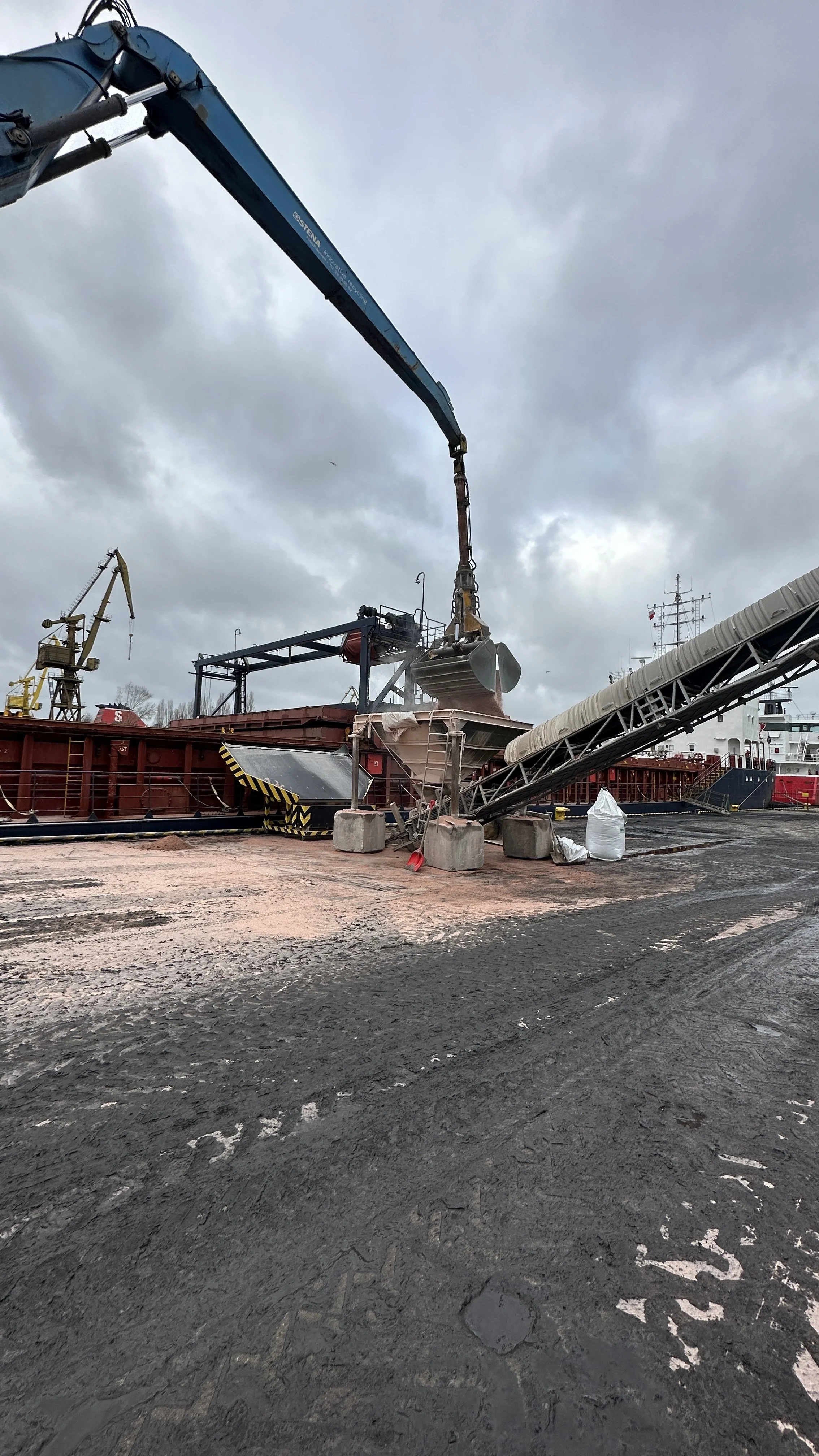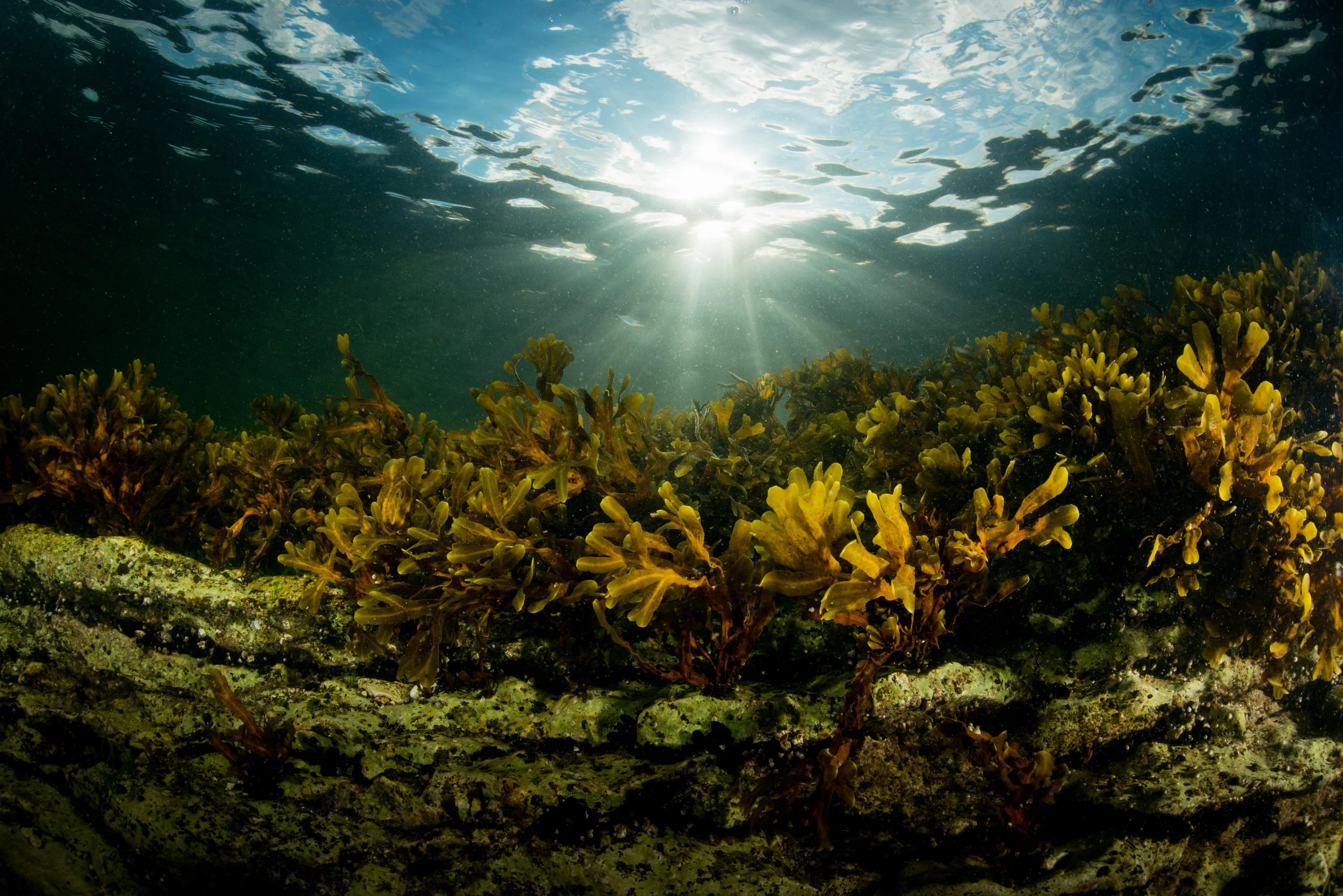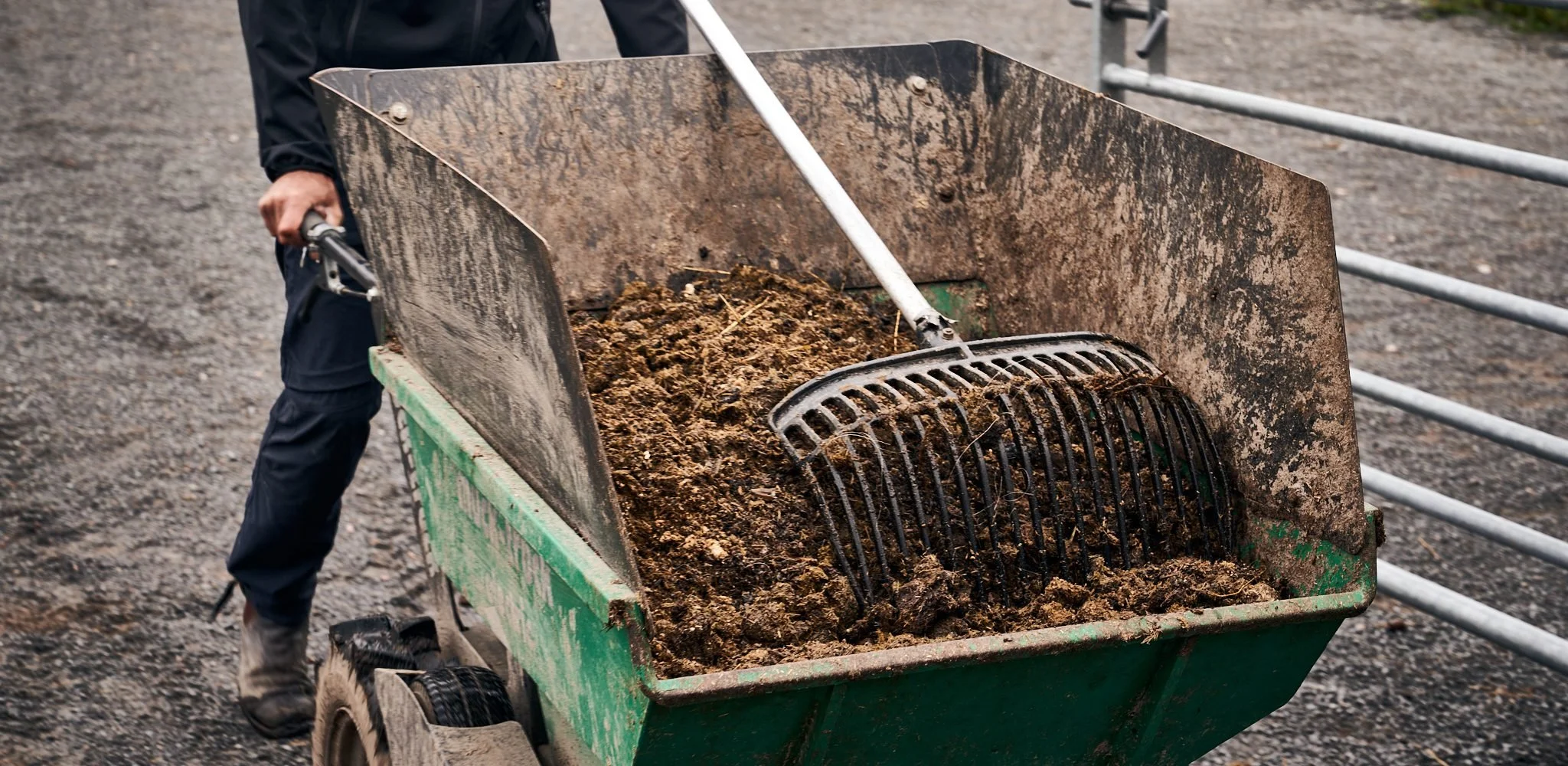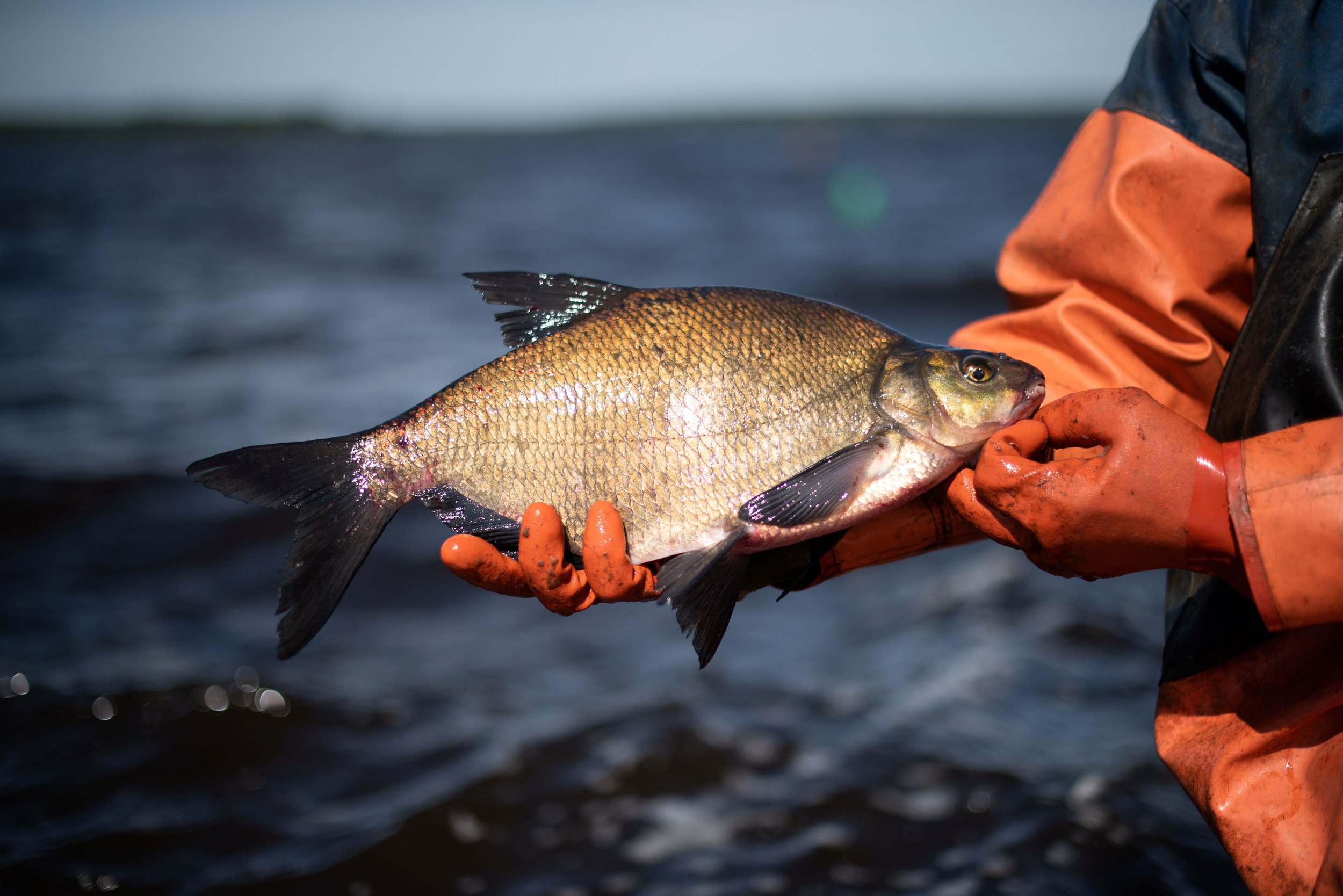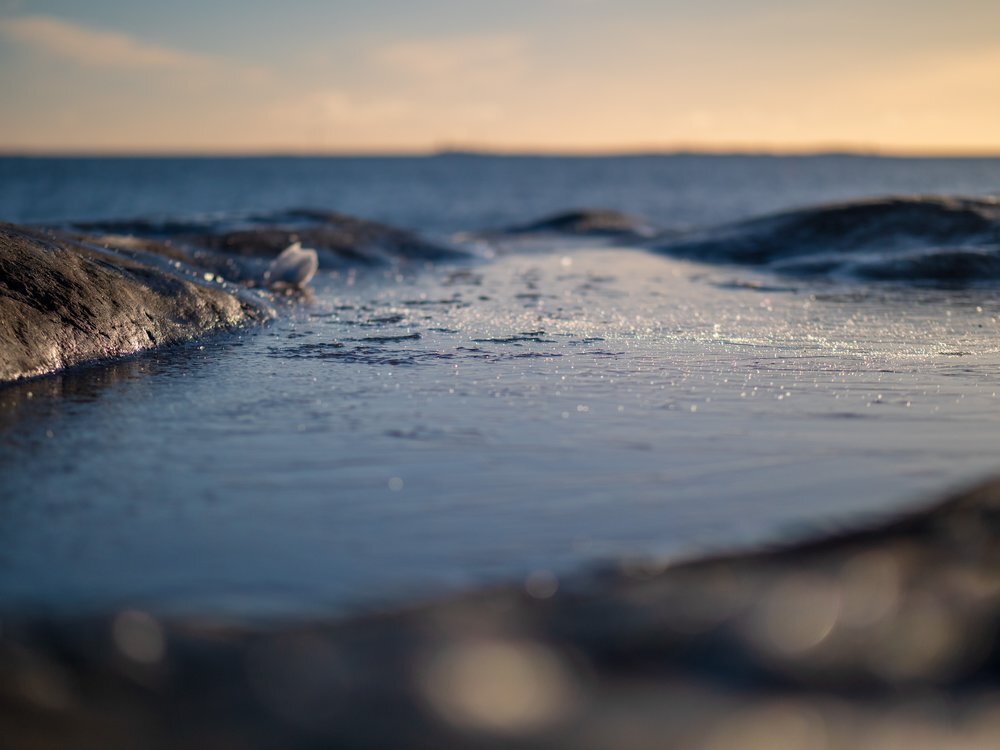
Solutions for a healthy Baltic Sea
Race For The Baltic is an independent non-profit accelerating solutions to ensure a healthy Baltic Sea for future generations by 2030.
Our goal is to reduce
500 tonnes
phosphorus per year by 2030
The fundamental issue in the Baltic Sea is eutrophication, caused by excessive inflows of the nutrients phosphorus and nitrogen. A turnaround is now within reach, but we have not yet fully succeeded. The greatest remaining challenge is to reduce the input of phosphorus before the Baltic Sea can begin to restore itself.
It is our conviction that, with the right focus, we can close the remaining gap and ensure a healthy Baltic Sea for future generations by 2030.
The annual phosphorus inflow has decreased by over 40,000 tonnes since the 1980s, but 5,500 more tonnes must be reduced to reverse the trend. Source: HELCOM
HOW WE CLOSE THE GAP
Projects with measurable impact
-
![]()
Production project
Identifying nutrient leakage points in fertiliser production and developing a cooperation framework with large fertiliser manufacturers and port operators in the Baltic Sea region.
-
![]()
GYPREG project
Reducing nutrient leakage by applying gypsum to farmlands, a method shown to reduce phosphorus runoff and soil erosion.
-
![]()
BalticReed project
Coastal reed binds nutrients and by harvesting reed, nutrients can be removed in a way that also produces climate-friendly raw materials for a variety of uses.
-
Port project
The handling of dry bulk fertilizers and phosphates in ports is a significant source of nutrient leakage to the Baltic Sea.
-
![]()
City Accelerator
The City Accelerator focuses on accelerating the work of municipalities to reduce their impact on the Baltic Sea.
-
![]()
Restoration project
The project contributes to research and accelerates solutions to reduce the excess of nutrients in the bottom sediments in coastal environments.
-
![]()
Horse project
Horse manure is an overlooked source of nutrients leaking into the Baltic Sea. Through frequent mucking of pastures and paddocks, this leakage can be substantially reduced.
-
![]()
Fish project
Creating good conditions for sustainable fishing of the so far underutilised fish species bream and ide, contributing to reduce eutrophication in the Baltic Sea.
NEWS

